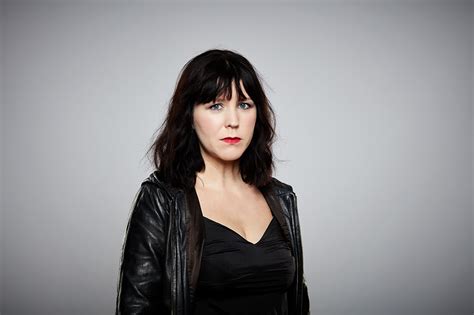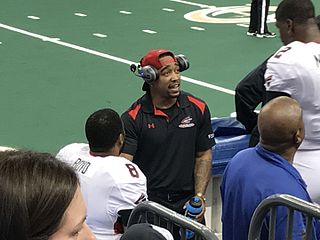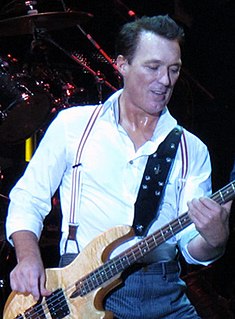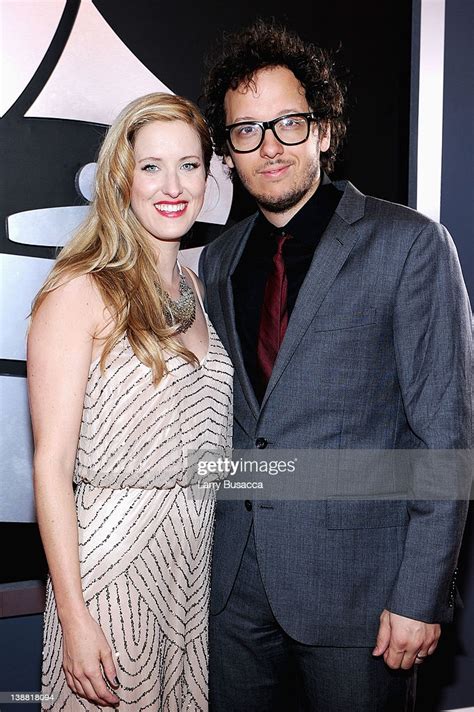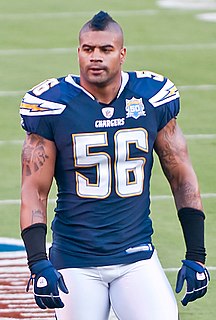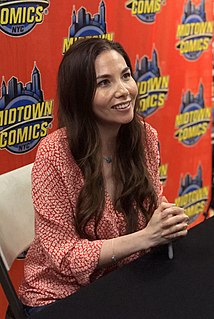A Quote by Daniel Kaluuya
My experience growing up in London and growing up in a working class background is that when people are down and out, that's when they're probably the funniest. They have to be. That's what they do to cope, to find joy, 'cause they don't feel the joy inside. Or they use humor to keep people out.
Related Quotes
Joy is what we are, not what we must get. Joy is the realization that all we want or need in life has been etched into our souls. Joy helps us see not what we are "going through," but what we are "growing to"-a greater sense of understanding, accomplishment, and enlightenment. Joy reveals to us the calm at the end of the storm, the peace that surpasses the momentary happiness of pleasure. If we keep our minds centered on joy, joy becomes a state of mind.
I kind of grew up a guitar nerd and I tried to figure out how to shred on an acoustic guitar as a kid, while listening to jazz or whatever. So that is kind of a different thing and my church background, growing up with worship kind of the ground that I learned how to play music from. Those are all odd ways of growing up, compared to most people, so I think the music has plenty of uniqueness in that.
I think that people should find a niche that will work. I have friends growing up who sat around playing video games for hours after school, and now they work for the video game industry. People need to find a niche so it doesn't feel like a job anymore. When I'm working on the "Lights Out" brand, it's fun. It's not work.
I've been going to San Diego's Comic-Con every year since 2007 or 2008. The first time I went it was an overwhelming experience because I wasn't expecting all the people; I wasn't even expecting all the joy. I came from a background where, when I was about eighteen or nineteen, I found comic-book fandom. But it was the fandom of online communities. And within those communities there was a tremendous amount of excitement and joy, but I'd never been around people in such a large group setting where this joy was pouring out of them. It was a revelation.
I feel like in the reading I did when I was growing up, and also in the way that people talk and tell stories here in the South, they use a lot of figurative language. The stories that I heard when I was growing up, and the stories that I read, taught me to use the kind of language that I do. It's hard for me to work against that when I am writing.

